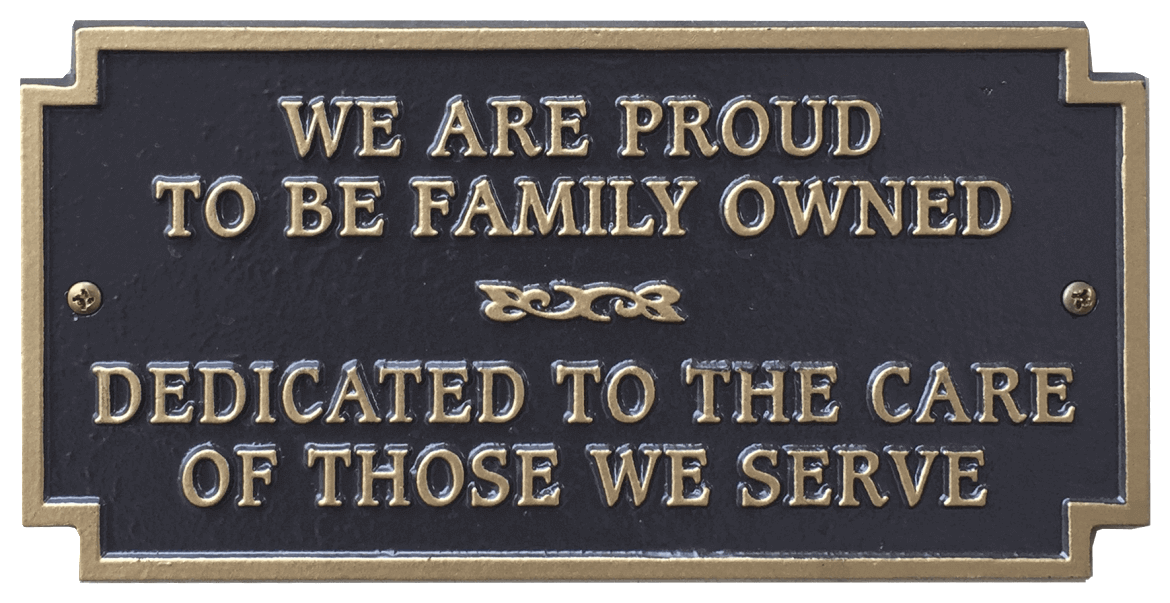When Death Occurs
First Steps After a Death Occurs
There are many choices that need to be made right away after a loved one dies. It's possible that your feelings are running high right now, which is why you should ask for help making all the decisions and plans. The staff at Roberts Funeral Home is also ready to help you and your family make the best choices possible.
This information can help you and your family get through it.

Contact The Proper Authorities
A formal announcement of death must be made before any plans or choices can be made. People who work in hospitals and nursing homes will take care of making this statement if your loved one dies while they are there. If a family member or friend dies at home, you need to call the emergency services right away to come take them to a hospital where they can be officially pronounced dead. Hospice staff can pronounce a family member dead if they die while in their care. It is necessary for this formal statement to be made before the family can plan the funeral or take care of any legal matters.
Begin To Make Arrangements
After your loved one has been declared deceased, you and your family are free to make any necessary funeral arrangements. It's possible that your loved one has already planned any kind of service, which is what you and your family should first look into. If your loved one didn't make any plans ahead of time and you already know which funeral home you want to use, you will call them and meet with the funeral director to start talking about your choices.
If the person who died didn't say what they wanted, this is the time when their family will have to decide whether to bury or cremate the body and what kind of service to have. You will have to choose the time, date, and place of the service, as well as the type of casket or urn your loved one will need. You will also have to write an obituary and choose pallbearers. You will also have to choose the minister, the music, and the speakers.
As part of setting up the funeral, if the person who died was in the military or retired, you should call the Veterans Administration to see if they offer any death benefits or services.
Information Funeral Directors May Need
As soon as you meet the funeral director, they will let you know what they need from you for the death document or to move forward with making burial plans.
Information Required:
- Full name and address
- Marital status
- Race/Ethnicity
- Date and city of birth
- Highest level of education
- Father’s name, mother’s maiden name
- Name of spouse
- Occupation and employer
Documents Funeral Directors May Need
Funeral directors will need important documents to complete any legal paperwork. These documents include:
- Account statements
- Beneficiary designations
- Life insurance policies
- Military discharge papers (form DD 214)
- Social Security number
Taking Care Of Personal Property
After a loved one dies, there are a few things you need to do that were special to the person who died. First, make sure your loved one's things are safe. Make sure that their house and car are properly locked up. It's important to make sure that family or friends take care of any pets that your loved one has.
Any mail that your loved one gets should be sent to a family member who is in charge of the estate of the person who died. Having a lot of mail at a house that isn't being used only lets potential thieves know that the house is empty. Please call the person who died's boss and let them know about the death. If your loved one had a meeting coming up, call them to let them know about the death and to cancel the appointment.

